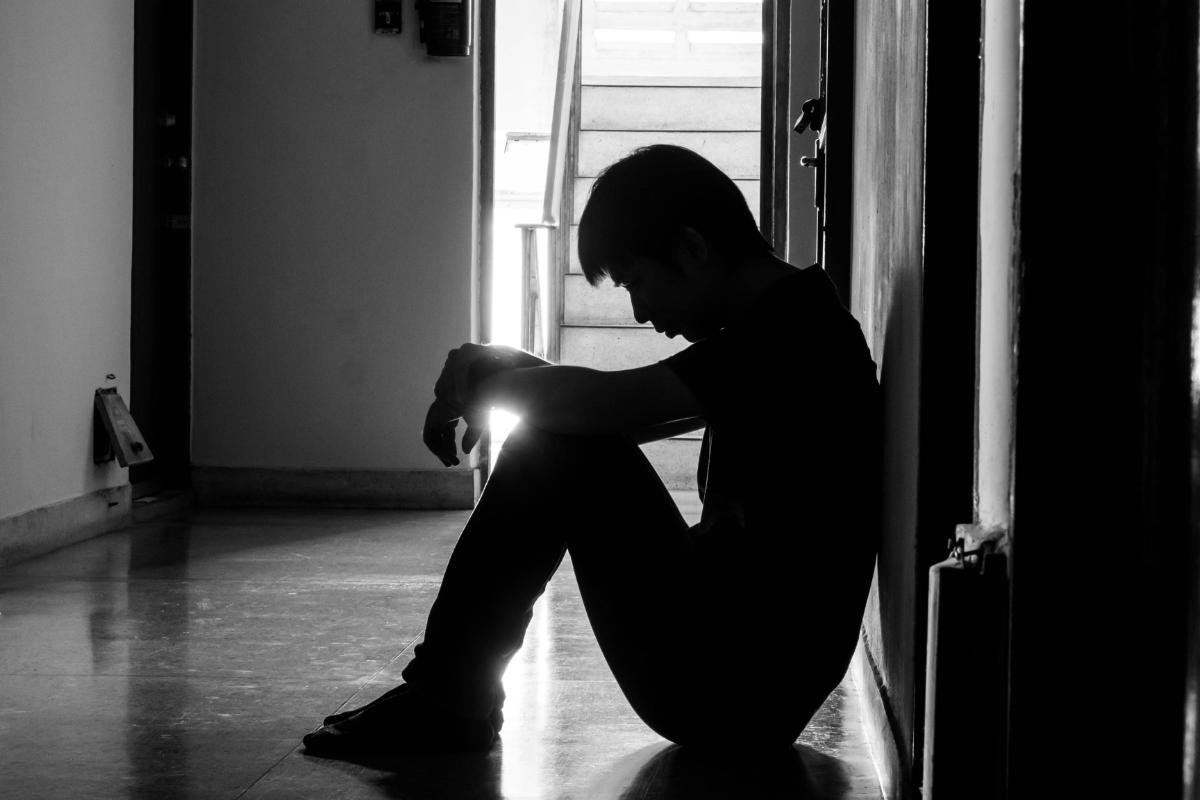
Close to a million teens abuse opioids every year. However, not all of them become addicted. Opioids are highly addictive, and teens are vulnerable to addiction because the parts of the brain involved in making judgments and avoiding risks aren’t fully developed in teens. If you see signs that your teen may be abusing opioids, whether it’s prescription painkillers or street drugs like heroin or fentanyl, look for a reputable opioid addiction treatment center.
Pennsylvania Adult & Teen Challenge (PAATC) has been helping teens in recovery for 60 years. We are experts in teen drug addiction and how to treat opioid abuse in teens. The protocols and approaches used when treating teenagers are very different from those used in adult addiction therapy and treatment. To learn more about what teen opioid addiction treatment looks like and how you can access the right help for your teen, reach out to PAATC today by dialing 888.541.9239 or submitting this form.
Recognizing Opioid Abuse in Teens
Not all dangerous opioids are bought off the street and injected, so checking for track marks and paraphernalia is not enough. Many teens are first introduced to opioids by way of prescription pain medications, either their own or that of a family member. Using a medication other than as prescribed—increased frequency or a pill prescribed to someone else, for example—is abuse. Often what you are looking for is behavior that is distinctly uncharacteristic of your child. Self-isolation will look different if your teen is a shy introvert than if he is a social extrovert.
Signs of Teen Opioid Addiction
You know your teen very well. Staying alert to changes in your child’s behavior and appearance is the best way to tell if there is a problem. If you are concerned about changes in their behavior or appearance and think they may be abusing opioids, consider the following warning signs of teen opioid addiction:
New friend groups
Has your teen had a close group of friends for years that have suddenly been sidelined in favor of a brand new group? This is often a sign of trouble. The old friends may not support or encourage the drug habit, and the new ones may normalize it and make dabbling in opioids seem cool.
Apathy and exhaustion
Teens can seem disenchanted at times as they experiment with projecting a jaded aspect they mistake for maturity. However, you can tell if your teen has lost motivation, spark, or morale. Teens are also usually full of physical vigor, often playing sports and having generally good sleep hygiene. Unusual exhaustion, limited energy, and changed sleep habits in a teen can be red flags. Opioids are downers, and these signs of physical and psychological lethargy are all possible signs of opioid abuse and teen drug addiction.
Aggressiveness
Not the first thing you think of relative to opioids, aggression is, in fact, a sign of opioid abuse in some teens. Whether a result of the changes to the brain or a sense of helplessness that sets in when a teen feels the loss of control that comes with addiction, sudden irritability or violence, or a new tendency to make threats are possible warning signs.
Neglect of personal standards
If your teen has always been a decent student who showed up to class and activities and is now cutting school, there is a reason. That reason may be drugs. An addiction can lead to ethical breaches in even the most moral people. Stealing, lying, and other efforts to acquire or hide their opioid use are symptoms to look for.
PAATC Treats Opioid Addiction in Teens
Reach out to PAATC to discuss your concerns and learn how we can help your teen begin recovery from opioid abuse. Our evidence-based therapies and range of residential and outpatient options can make a difference in your teen’s life.
Let us help. Call today at 888.541.9239 or use our online form.
